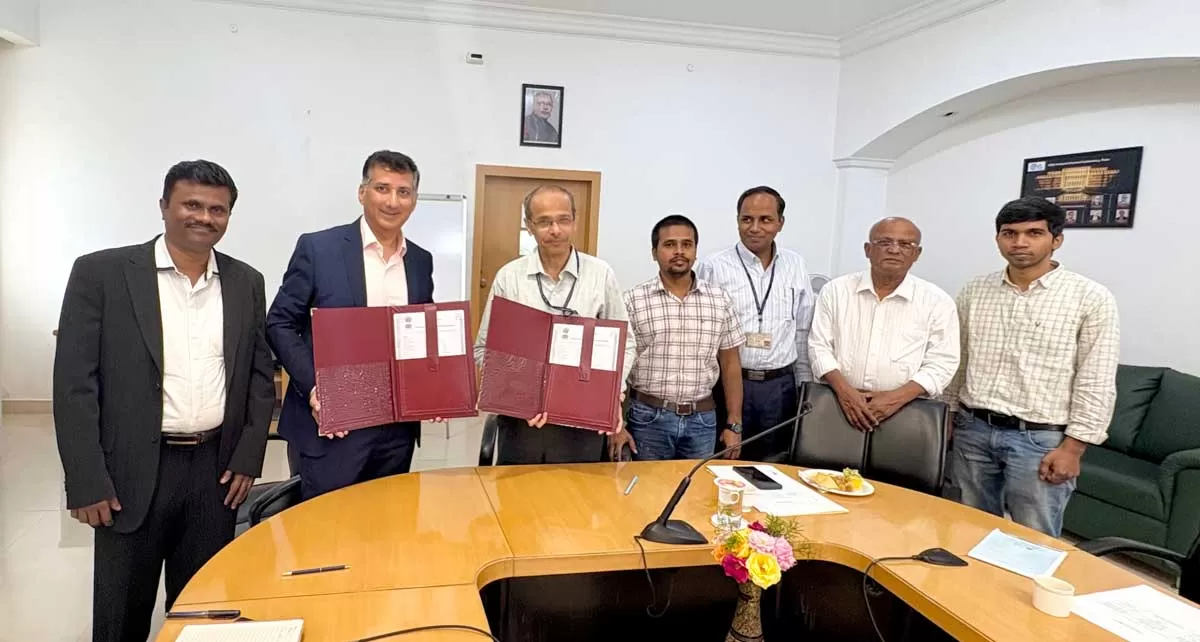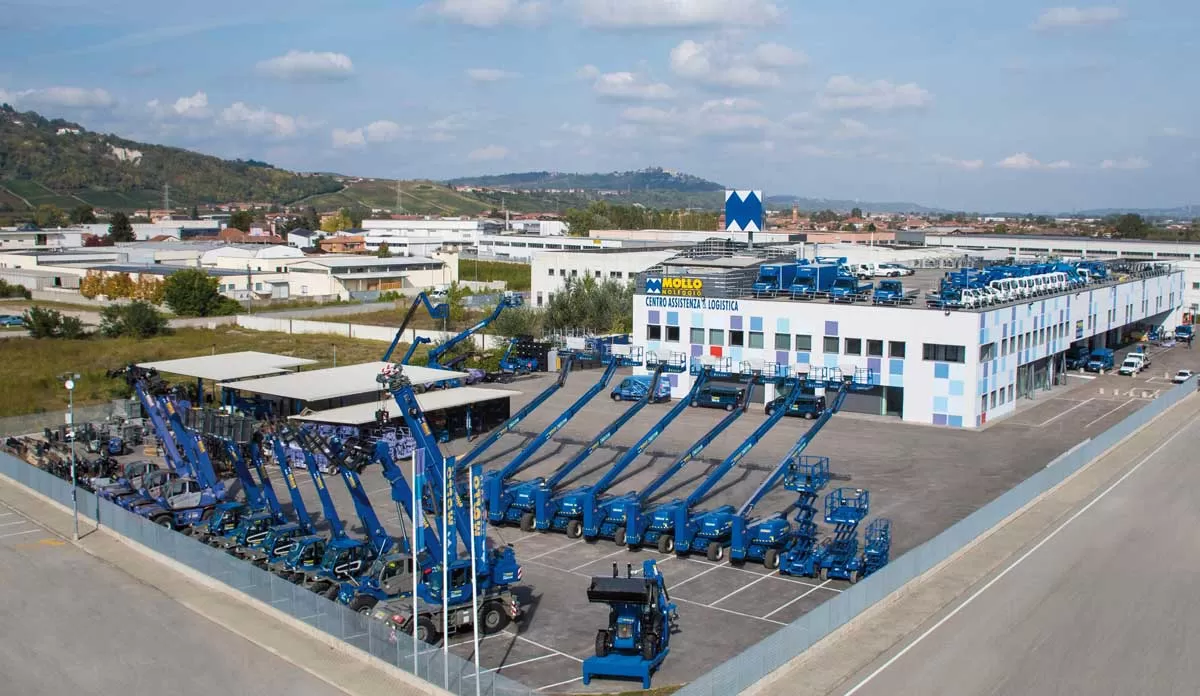
Maharashtra Will Embrace RERA In Letter and Spirit, says ANUJ PURI

Covestro India, CSIR-NCL Partner to Recycle Polyurethane Waste
Convestro (India) National has signed a Memorandum of Understanding (MOU) with the CSIR- Chemical Laboratory (NCL) launching an innovative Corporate Social Responsibility project aimed at developing sustainable upcycling solutions for polyurethane materials, addressing the critical limitations in current recycling technologies.The collaborative project will explore innovative approaches to transform polyurethane waste into valuable chemical building blocks. This research aims to develop commercially viable technologies that could greatly improve the circularity of polyurethane materials while ..

Aimtron Electronics Raises Rs 1 Bn via Warrants for New Facility
Aimtron Electronics, a fast-growing Electronics System Design and Manufacturing (ESDM) company, hased a fundraise of approximately Rs 1 billion through the issuance of convertible warrants on a preferential basis. The round includes participation from the promoter group including Mukesh Vasani and Nirmal Vasani along with a host of marquee investors.The Board of Directors of Aimtron Electronics has approved the issuance of up to 14,79,000 warrants of the company, at the price of Rs 666 per warrant each convertible into, for one fully paid-up equity share of the company of face value of Rs 10 a..

Mollo Noleggio Enters Global Top 100 Rental Companies List
Mollo Noleggio has been listed in the 2025 IRN 100, the annual ranking by International Rental News that identifies the world’s top 100 equipment rental companies by turnover. The Alba-based firm becomes the first Italian rental-only company to enter the global list, following a turnover of over €150 million in 2024 generated solely through rental operations. The ranking highlights operators in construction, industrial, and event equipment rental. Mollo Noleggio also features among the top 20 rental-focused companies in Europe, reinforcing its growing influence on the cont..



















